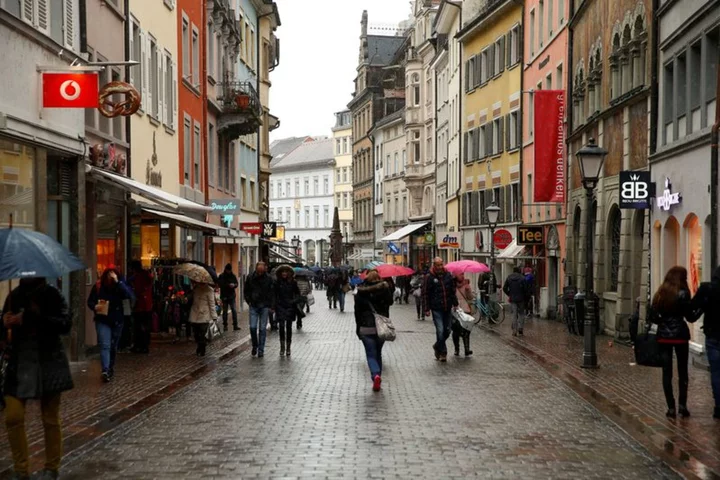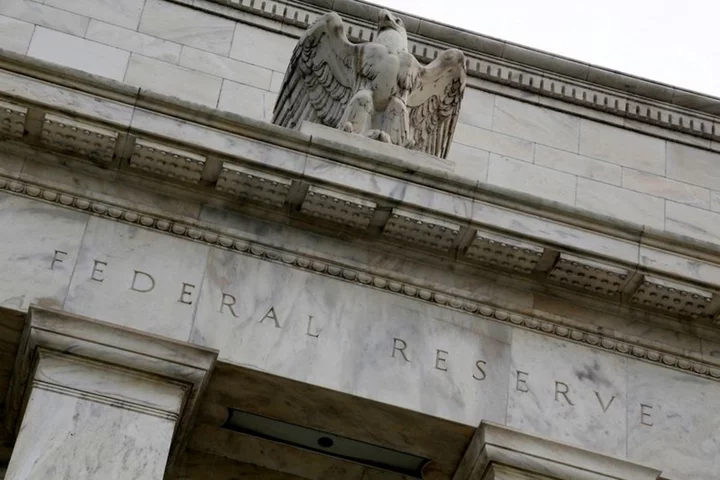FRANKFURT Germany's economy likely contracted in the third quarter, the Bundesbank said in a monthly report on Monday, amid declining industrial production, a shrinking construction sector and weakening consumption.
Europe's largest economy suffered a recession at the turn of the year and produced flat growth in the second quarter, so a fresh contraction would mean four straight quarters with negative or flat growth.
This likely made Germany one of the weakest performers in the 20-nation euro zone and its vast industrial sector, normally the motor of growth, has been a drag on the entire bloc all year.
"External demand for industrial products continued to be weak," the Bundesbank said. "The increased financing costs also dampened investments and this depressed domestic demand especially in construction."
While employment remains strong, buffering the economy amid an extended period of weakness, the bank said it expected a slow uptick in the jobless rate towards the end of the year.
Financing costs have increased sharply over the past year as the European Central Bank lifted interest rates at the fastest pace on record in the hopes of stopping runaway inflation.
While interest rate hikes are likely over now, policymakers are preparing public opinion for rates to stay "high for longer", suggesting that any reversal is likely to be far into the future.
Policymakers want to make sure that inflationary pressures are fully extinguished and they need to see underlying inflation coming down towards their 2% target, which may take well into 2025.
"The core rate is likely to remain slightly above 4% (in Germany) in the near future, primarily because of the continued strong momentum in service prices," the Bundesbank added.
(Reporting by Balazs Koranyi; Editing by Mike Harrison)









